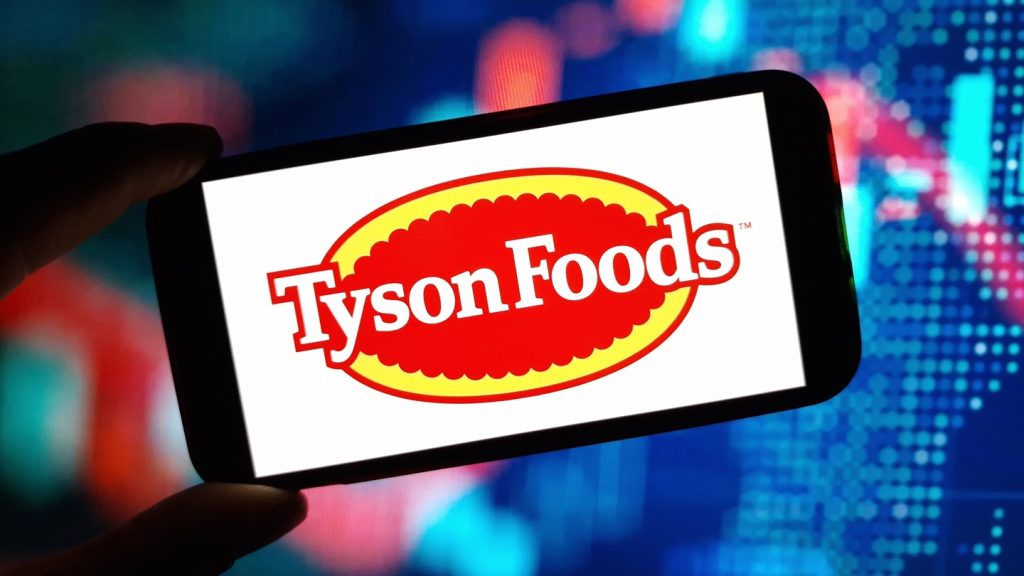Tyson Foods has settled a lawsuit that accused the company of “misleading” customers with net-zero and “climate-smart” beef claims.
The agreement resolves a case filed in September last year by the Environmental Working Group (EWG), which accused the US meat major of making “unsubstantiated environmental claims” about products while “capitalising on consumers’ interest in purchasing climate-friendly foods”.
The suit alleged Tyson’s assertions of reaching “net-zero by 2050” or selling “climate-smart” beef lacked “sufficient action” to reach the targets.
As part of the settlement, the Jimmy Dean and Hillshire Farm brands owner has agreed to stop making these environmental claims.
The company is also barred from introducing new related claims for five years from the settlement date “unless an expert concludes they are sufficiently supported”, a statement from EWG said.
Tyson told Just Food the settlement "does not represent any admission of wrongdoing" by the company.
Asked for a response to news of the settlement, whether Tyson has any active targets on emissions, including on methane, and for further details on what the company's introduction of "reduced carbon-intensity beef", the business provided a statement.
It read: “Tyson Foods has a long-held core value to serve as stewards of the land, animals and resources entrusted to our care. We take a comprehensive and holistic approach to increasing operational efficiencies, identifying opportunities to reduce greenhouse gas emissions across the supply chain and partnering with stakeholders to create a more resilient food system. The decision to settle was made solely to avoid the expense and distraction of ongoing litigation and does not represent any admission of wrongdoing by Tyson Foods.”
Earlier this month, the New York attorney general’s office announced a settlement with JBS, the Brazilian meat major.
The deal required the meatpacker to change its environmental marketing practices and immediately cease “deceptive” or “unsubstantiated” environmental statements.
JBS said the settlement “does not reflect an admission of wrongdoing”, adding it “remains driven to advance sustainable agriculture”.









